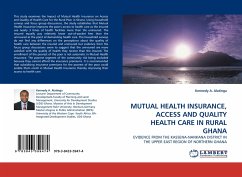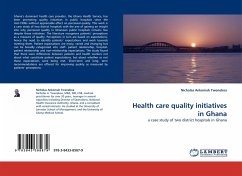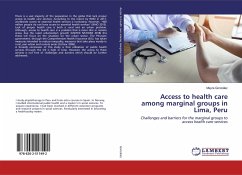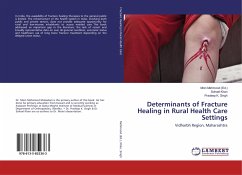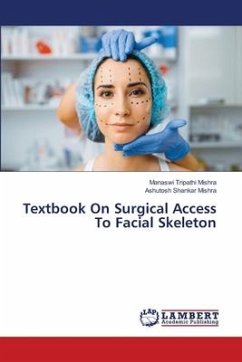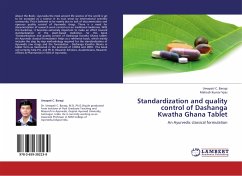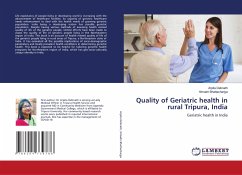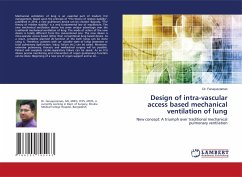This study examines the Impact of Mutual Health Insurance on Access and Quality of Health Care for the Rural Poor in Ghana. Using household surveys and focus group discussions, the study establishes that Mutual Health Insurance improves the poor's access to health care as the insured use nearly 3 times of health facilities more than the uninsured. The insured equally pay relatively lower out-of-pocket fees than the uninsured at the point of demanding health care. The household surveys do not find any differences on the perceptions about the quality of health care between the insured and uninsured but evidence from the focus group discussions seem to suggest that the uninsured are more satisfied with the quality of health they receive than the insured. The enrollment of the poorest of the poor is not automatic in Mutual Health Insurance. The poorest segment of the community risk being excluded because they cannot afford the insurance premiums. It is recommended that subsidising insurance premiums for the poorest of the poor could enable them enroll in Mutual Health Insurance thereby improving their access to health care.
Bitte wählen Sie Ihr Anliegen aus.
Rechnungen
Retourenschein anfordern
Bestellstatus
Storno

